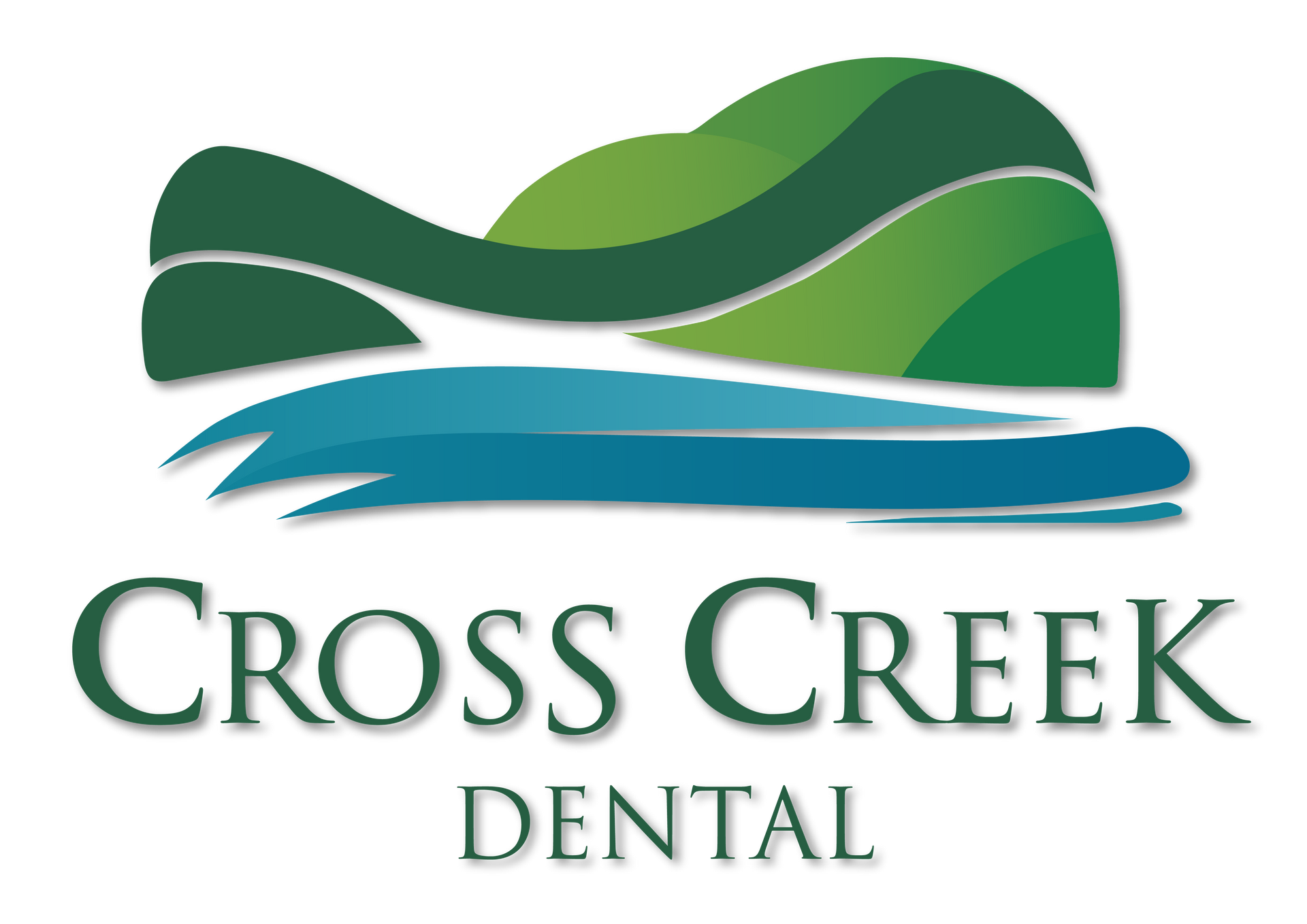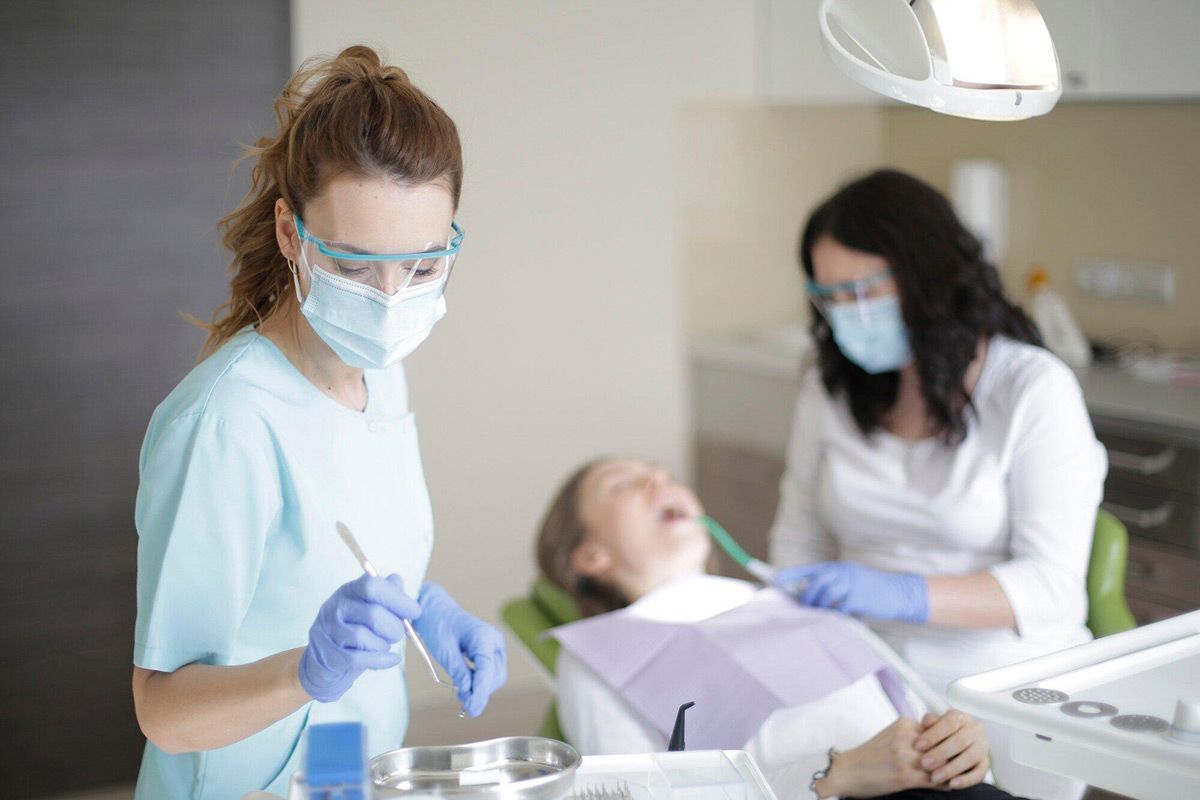We Welcome New Patients
& Dental Emergencies
Preventing and Treating Gum Disease
Struggling with unhealthy gums? Find out how to prevent and treat gum disease. Learn expert tips to maintain your oral health.
Few things are as worrying as seeing blood when brushing your teeth. It's enough to preoccupy your mind for the rest of the day and make you wonder what that might mean.
A common cause is unhealthy gums, and more specifically, gum disease. Don't deal with these worries alone. Get the proper support from your dentist.
To help you understand more, we've compiled this short guide to tell you everything you need to know about gum disease and how to prevent and treat it.
What Is Gum Disease?
Gum disease is an umbrella term for two diseases, gingivitis and periodontitis.
Gingivitis is a mild form of gum disease. It's reversible. The telltale signs of this type of gum disease are red and swollen gums. You may also experience some bleeding when brushing your teeth or when flossing.
Periodontitis is the more severe form, and this is a progressive disease that happens after you have gingivitis left untreated.
Periodontitis is more complicated. The main symptom is that the gum begins pulling away from the teeth. The gaps where the gum has receded can become infected.
Eventually, in the worst-case scenario, periodontitis can destroy the bone and connective tissue around that tooth, and you ultimately lose the tooth.
The Causes of Gum Disease
Gum disease starts with plaque buildup, often caused by poor oral hygiene and a lack of routine dental visits. When left on the tooth, plaque can harden and turn to tartar.
Tartar is more troublesome and can inflame the gum, creating the perfect conditions for gum disease.
Some risk factors make gum disease more likely. That includes smoking and diabetes. Some hormonal changes as we age or during pregnancy can also be a risk.
Some medications can increase the risk to your teeth. It's essential to read the label on any medicine you take to see if that's a potential side effect.
Signs and Symptoms of Gum Disease
It's essential to recognize all the symptoms of gum disease. Early detection and treatment are vital, as you may be in the stage where the disease is still reversible.
Check your gums in a mirror. Look for redness where the gums meet the tooth. They may also look unusually swollen or feel tender.
When you brush and floss your teeth, look for spots of blood, which is a common sign of gum disease.
Bad breath is another factor to check. It could signal that you have an infection relating to gum disease, which requires treatment.
For more progressive forms of gum disease, note whether there is any receding around the gumline or if the teeth seem longer. You may also spot some gaps between the teeth that weren't there before.
In the most advanced stage of gum disease, watch out for teeth that feel loose. You might notice that when biting down on hard food, and you may also experience some discomfort in that area.
All these symptoms need immediate attention and warrant a call to your dentist for an appointment.
Gum Disease Prevention
Gum disease may seem scary, but it's a preventable problem. If you can maintain healthy gums, you can avoid the symptoms and issues associated with both gingivitis and periodontitis.
The most crucial step to protect your gums is practicing excellent daily oral hygiene. That means brushing, flossing, and using fluoride toothpaste.
An antibacterial mouthwash is also an excellent addition because it can help remove some of the bacteria that, if left unchecked, could create the right conditions for gum disease.
Another step in preventing gum disease is to book regular appointments with your dentist at least twice a year. Ensure the appointment includes a professional cleaning to remove plaque buildup on the teeth and prevent it from hardening.
A healthy, nutrient-dense diet is also vital in the fight against gum disease.
Eat a balanced diet with plenty of vitamins A and C, which are good for gum health. Avoid or minimize foods that can cause decay or stick to the teeth, like candy, sodas, and other sugary snacks.
Make sure you stay well hydrated with lots of water. This will cleanse the mouth and help encourage the production of saliva.
Finally, if you are a smoker, consider stopping or cutting back, as that is a risk factor for gum disease.
Gum Disease Treatment
At the first sign of gum disease, speak to a professional. A dentist will be able to offer a range of treatments. Here are some of the most common for you to know.
Dental Cleaning
For the most mild forms of gum disease, your first step is to book a professional consultation with your dentist.
They will remove the plaque and tartar, removing the conditions that inflame the gum. With mild cases, this could be enough of an intervention to keep gum disease at bay.
Scaling and Root Planing
If you have gingivitis or a mild form of periodontitis, speak to your dentist about scaling and root planing.
This is a deep cleaning treatment in which your dentist scrapes away some of the plaque or tartar from around the gum.
Root planing involves smoothing spots on the tooth root surface, which helps the gums reattach to the teeth.
Medication
Some medications can help with gum disease, especially with an infection. Antibiotics, either in gel or oral form, and an antimicrobial mouthwash can also help with symptoms and control the infection.
Medications help deal with and reduce inflammation.
Surgery
Some surgical treatments can help treat more severe forms of gum disease. Flap surgery is one such treatment. This involves lifting the gums to remove any tartar underneath.
Bone and tissue grafts are also possible treatment options to help repair bone or tissue lost around the gum.
Addressing the Problems of Unhealthy Gums
Unhealthy gums are always a sign to watch because this could mean you are tackling gum disease. Always speak to your dentist for professional advice and diagnosis, and don't delay any treatment.
Cross Creek Dental is here to help you with gum problems and other dentistry services. We are a friendly family dentist with an excellent reputation in Fayetteville, North Carolina. Book your appointment today.
EMERGENCIES
Please call our main line:
GET IN TOUCH
Request an Appointment(910) 600-0605
Accessibility Statement | Notice of Privacy Practices | Cookie Policy | Privacy Policy | Terms and Conditions
All Rights Reserved | Cross Creek Dental





